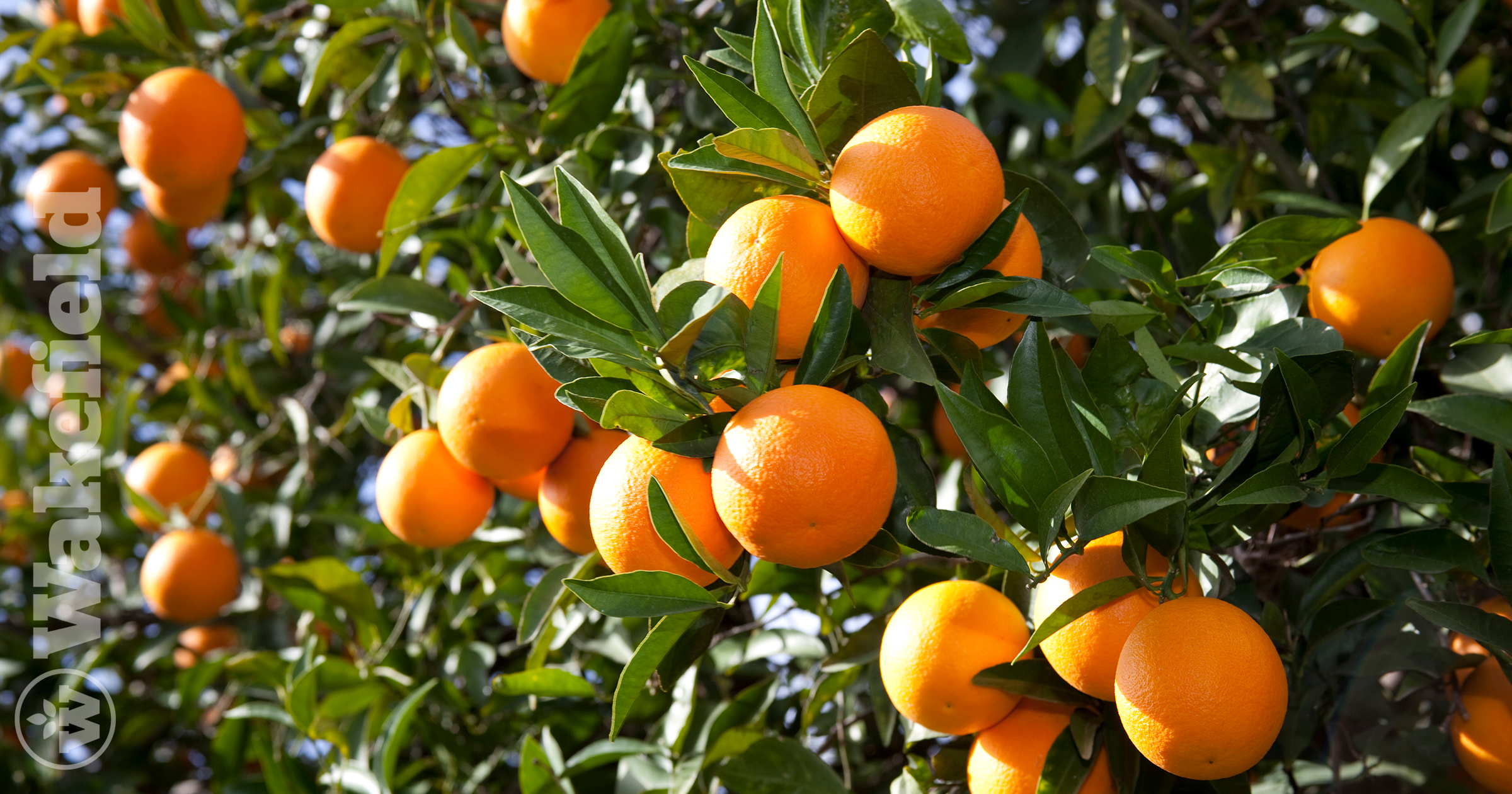Biochar Beats Citrus Greening Disease And Improves Productivity

Citrus greening is a bacterial disease that attacks the vascular system of plants. Once infected there is no cure for a tree with citrus greening disease. Citrus trees decline and die within a few years and may never produce usable fruit. In Florida, greening disease is widespread.
Biochar has been shown to be effective in treating greening disease as well as increase yields. Pioneering work by IFAS at the University of Florida has shown benefits in citrus yield and soil quality when using biochar as a soil conditioner. Schumann and Spann found that 4-yr old citrus trees had 67% more canopy volume than trees grown in adjacent un-amended soil. Tree canopy volume is a rapid method to estimate tree size, which in citrus, is positively correlated with citrus fruit yield. Thus, the 4-yr old trees grown in biochar should have a greater fruit yield.
“Three years ago the trees in that trial looked so miserable we thought it was a disaster. Every plant was infected but the grower asked if there was anything we could do. We had been working for some time with a slow release fertilizer with a different formulation of nutrients and a substance called bio-char which is one step away from charcoal. We began to use the advanced nutrient approach and bio-char and the trees are still healthy and commercial varieties in the same orchard have improved somewhat.”
— Dr. Fred Gmitter, Research foundation professor, University of Florida
They also found that the soil amended with biochar had a cation exchange capacity (CEC) that was 4.5 times greater than the un-amended soils. Copper in the grove soils was found to be high (139 lb/acre) due to its use as a fungicide; however, where biochar was added to the soils the levels in the soil were negligible (0.4 lb/acre)(Schumann and Spann 2012).
APPLICATION RATES FOR BIOCHAR IN CITRUS GROVES
With its ability to improve soil, plant production and fruit yield, Wakefield Biochar products are ideally suited for use in citrus groves. Wakefield Biochar is particularly effective on sandy soils, much like those that are found throughout Florida. The rates below are based on University research and provide general guidance for the use of Wakefield Biochar.
Studies have determined that 2- 5% (w/w) have been effective in improving crop yields, combating greening disease and improving soil quality.





